Description
Stephen Cox – Natural Order Method (Complete Seminar Materials)
Stephen Cox (AC63-65) is currently the Chief Executive of the Royal Society and has been Chair of the Board of Governors of UWC Atlantic College since January 2010. Stephen Cox – Natural Order Method (Complete Seminar Materials)
Previously Stephen was the Chief Executive of the Westminster Foundation for Democracy working closely with both Houses of Parliament to support institutions in the emerging democracies of central Europe, former Soviet Union and Central, East and South Africa. Before that he was appointed by the Secretary of State for Foreign and Commonwealth Affairs to be Director General of the Commonwealth Institute in London, an organisation he re-modelled in the light of reducing Government grants. He worked in the British Embassy Washington DC as Education Attaché in the early 1980s. He joined the Overseas Career Service of the British Council in 1969, was posted to Warsaw, Poland and then spent time in West Africa notably Ghana and Togo with the British Council. He did Voluntary Service Overseas in Bolivia immediately on leaving Atlantic College.
He was educated at Queen Elizabeth Grammar School, Blackburn and graduated in geography from Birmingham University in 1969, has an MA from Sussex and a postgraduate diploma from Leeds University. Stephen Cox – Natural Order Method (Complete Seminar Materials)
He is a member of the Council of the Parliamentary and Scientific Committee of the Houses of Parliament, British Association for the Advancement of Science and the Council for Assisting Refugee Academics. He is also a member of the governing body of Kingston University, Chairs its Audit Committee and is Chair of the Commonwealth Round Table. He is a Fellow of the Royal Geographical Society and has been awarded an honorary DSc from Lancaster University and was awarded the CVO in the Queen’s 1997 Birthday Honours.
“At that time South Wales seemed quite remote. There were no Severn bridges and air travel was expensive, so for everyone, it was a major expedition to get there. I had also come from a very urban, pre-Thatcherite industrial environment, so this remoteness and proximity to the sea was breathtaking.” recalls Stephen. I was part of the second intake at Atlantic College. Our year of sixty new students more than doubled the size of the College. I was young, so it was very exciting to be a part what in retrospect was somewhat of a risk.
“Right from the start there were a lot of international students; the four largest groups represented were the British, Germans, Scandinavians and North Americans but there were also several from each of a very broad mix of countries. I can remember students from Italy, Spain, Switzerland, Holland, Egypt, Brazil and Africa. It is a shame that for students of my generation, when you left College you tended to lose contact with your friends because global communications were so poor.
“I loved being on the sea and coast, it was a magical environment which counterbalanced the hugely stimulating intellectual challenge we faced. I remember always being exhausted whilst at College, especially in the first term. We worked long hours, including Saturday mornings and it was not uncommon to nod off in the library, but I wasn’t the only one.
“As it was only the second year for the College, everything was unknown but we were all so young that we just took it in our stride. We were all learning and experiencing new things in an international setting. Also it was before ‘health and safety legislation’, so we got away with things that you would never be able to do now. It was a wonderful place to be in a lovely location, which I always appreciated.
“We were the immediate post-war generation and post war reconciliation in Europe was a major theme at College, in fact, part of its reason for being. It was a really interesting time: the assassination of Kennedy happened whilst we were there, decolonization was gathering pace, apartheid was being strengthened and the cold war was intensifying. The UK was opening out as a result of the heady political atmosphere generated by Harold Wilson’s government and, of course, The Beatles and Rolling Stones…
“My initial impression of College was one of shock and awe. It was beyond my comprehension of the world at that point. The ethos, the approach and way of looking at things were new to me, and I suspect many of the other students. All this had a huge impact on me, it transformed the way I looked at the world and inspired me to do something completely different. Before starting University, I took some time out and did Volunteer Services Overseas in Bolivia. When I returned to the UK, I was determined to pursue a career in the international sector. I studied Geography at University and later trained to teach English abroad, which was in part, a back up policy and partly to give me the opportunity to travel. After University, I joined the British Council and travelled extensively, particularly in the developing world.
“I enjoy being able to make a difference through my work, but it was not like I woke one morning and decided I wanted to run the Royal Society. I sort of fell into the role of running what is probably the single most influential scientific body in the UK and globally. My challenge now is to keep the Society relevant and compatible with modern science. Also contributing to the key issues that concern people – pandemics, biodiversity, climate change – things that matter to people and the planet – loftily put, improving the world. We have initiated a few big campaigns lately including global warming and work on Foot and Mouth in the UK.”.
Stephen Cox, Natural Order Method (Complete Seminar Materials), Download Natural Order Method (Complete Seminar Materials), Free Natural Order Method (Complete Seminar Materials), Natural Order Method (Complete Seminar Materials) Torrent, Natural Order Method (Complete Seminar Materials) Review, Natural Order Method (Complete Seminar Materials) Groupbuy.


 ANDREA UNGER – MASTER THE CODE & GO LIVE
ANDREA UNGER – MASTER THE CODE & GO LIVE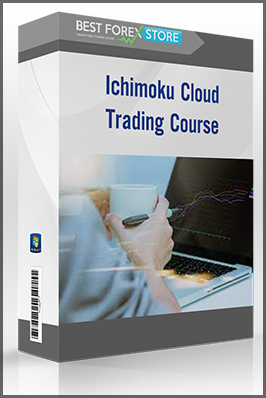 ICHIMOKU CLOUD TRADING COURSE - FOLLOWMETRADES
ICHIMOKU CLOUD TRADING COURSE - FOLLOWMETRADES


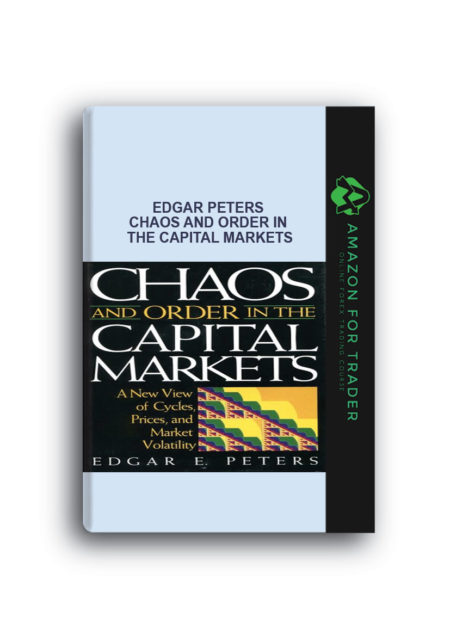
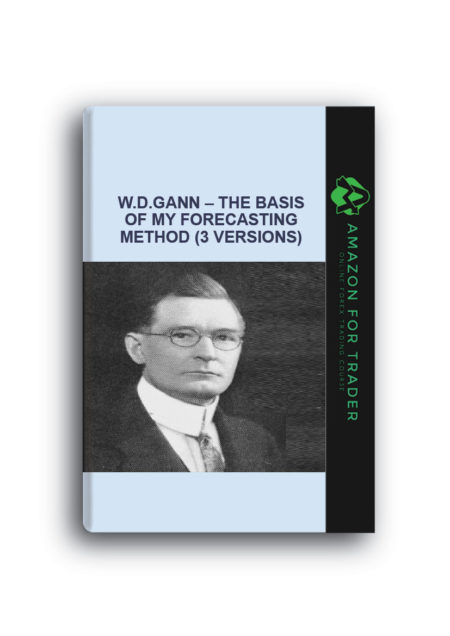
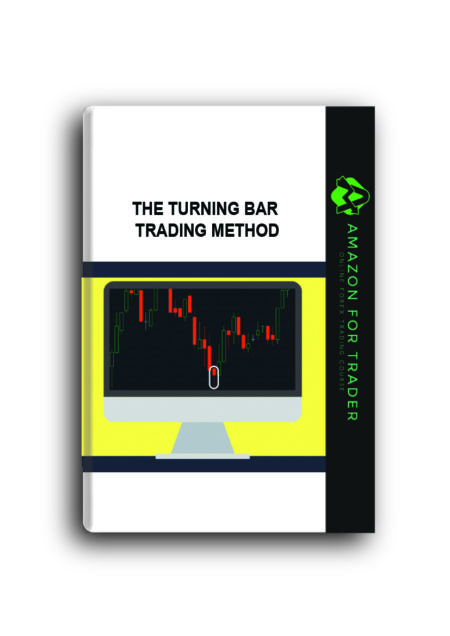
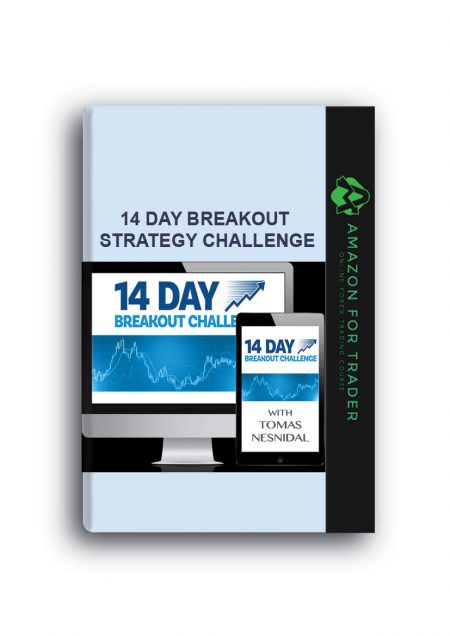
Reviews
There are no reviews yet.